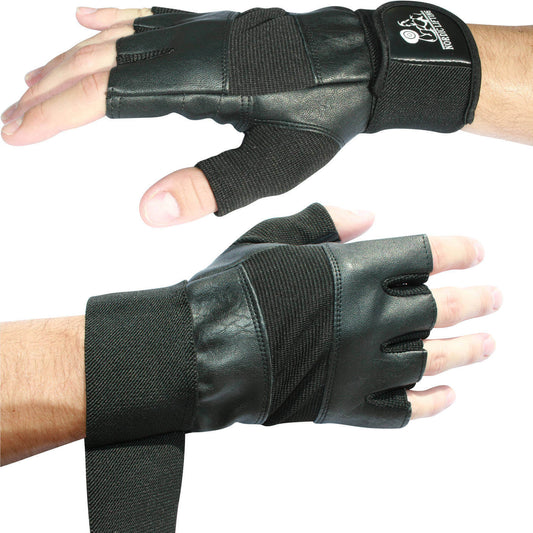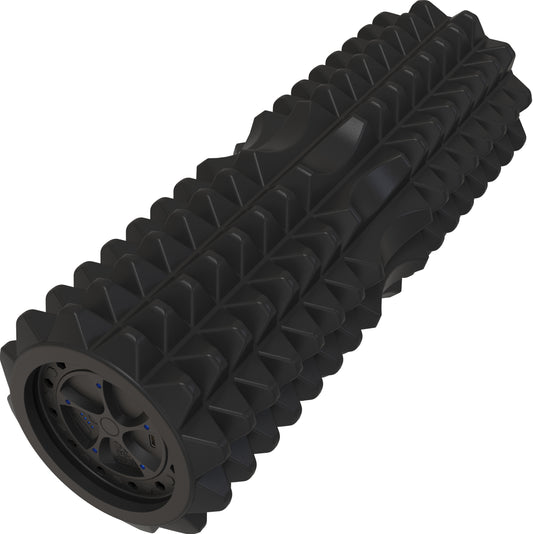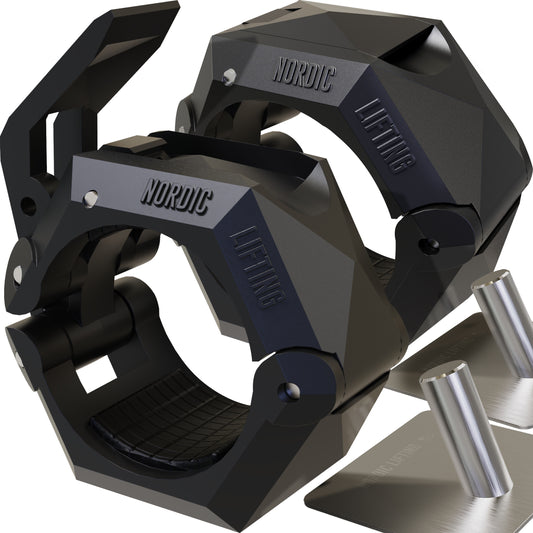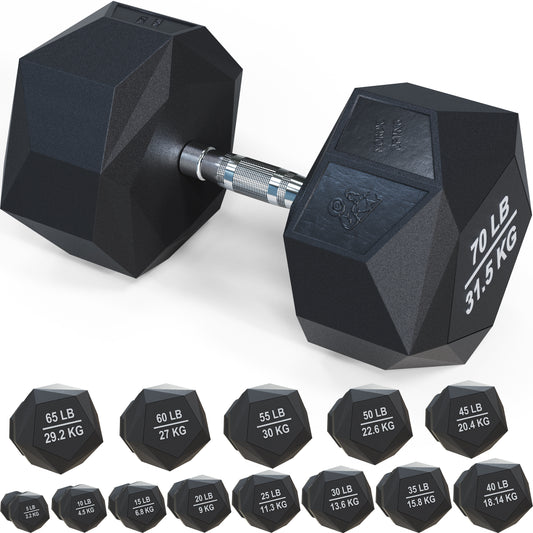Last Updated: February 10, 2025
Maintaining weight loss can often feel like a challenging journey. Many people successfully shed pounds but struggle to keep them off in the long run. The best ways to maintain weight loss include creating a sustainable diet plan and integrating regular physical activity into daily life.
To achieve lasting weight maintenance, it's essential to build habits that fit into everyday routines. Consistency in diet and exercise is key, along with realistic goals that encourage long-term commitment. With the right strategies, anyone can find a balanced approach that works for them.
Key Takeaways
- A sustainable diet plan is crucial for maintaining weight.
- Regular physical activity keeps the weight off effectively.
- Setting realistic goals helps encourage lasting changes.
Developing a Sustainable Diet Plan
A sustainable diet plan focuses on maintaining weight loss while ensuring long-term health. It involves understanding nutrition, determining the right caloric intake, and incorporating whole foods and healthy fats into daily meals.
Understanding Nutrition for Weight Maintenance
Nutrition plays a key role in maintaining weight after losing it. A balanced diet includes a variety of nutrients: proteins, carbohydrates, fats, vitamins, and minerals.
To maintain weight, individuals should focus on fiber-rich foods which help promote fullness and reduce cravings. Foods like fruits, vegetables, whole grains, and legumes are good examples.
It's also essential to limit processed foods that are high in added sugars and unhealthy fats. A dietitian can guide personalization of nutritional choices to meet individual needs while ensuring adequate nutrient intake.
Identifying the Right Caloric Intake
Caloric intake is crucial in maintaining weight loss. To prevent weight regain, people must calculate their basal metabolic rate (BMR) and factor in their level of activity.
A moderate caloric deficit, usually between 200-500 calories less than the total daily energy expenditure, is often recommended. This method allows sustainable weight maintenance without the risk of significant weight gain.
Tracking daily food intake can provide insights into eating habits and caloric consumption. Utilizing apps or food diaries can help individuals stay accountable for their food choices.
Incorporating Whole Foods and Healthy Fats
Incorporating whole foods is essential in a sustainable diet. Whole foods are minimally processed and include options like fresh fruits, vegetables, lean meats, and whole grains.
Adding healthy fats, such as those from avocados, nuts, and olive oil, provides energy and supports overall health. Healthy fats can also promote satiety, helping individuals feel full and satisfied.
Creating meals with a balance of macronutrients ensures that the body receives what it needs. It helps in reducing overall cravings while supporting a healthy diet. Engaging with a dietitian can assist individuals in developing meal plans that fit their preferences and lifestyle.
Integrating Exercise and Physical Activity
Regular exercise is essential for maintaining weight loss. Combining different types of workouts helps to build muscle mass, burn calories, and create a balanced fitness routine. Incorporating both aerobic and strength training activities boosts overall health and fitness.
Balancing Cardio with Strength Training
A balanced workout plan includes both cardiovascular exercises and strength training. Cardio, such as running or cycling, helps burn calories and improve heart health. Engaging in moderate physical activity for at least 150 minutes a week is recommended. On the other hand, strength training builds muscle mass, which can increase metabolism. Exercises like weightlifting or resistance training should be done at least twice a week. This combination can lead to better weight management and improved body composition.
Establishing Consistent Exercise Routines
Creating a consistent exercise routine is crucial for long-term success. Setting specific days and times for workouts helps individuals stay committed. Joining group classes or finding a workout buddy can add motivation and accountability. Starting with shorter sessions and gradually increasing duration and intensity can prevent burnout. It’s beneficial to keep a record of workouts to track progress. Varying the types of exercises keeps routines fresh and engaging, making it easier to maintain physical activity in the long run.
Finding Professional Support with Personal Trainers
Working with a personal trainer can provide valuable guidance. They can design tailored workout plans focused on individual goals, whether it’s maintaining weight loss or building strength. A trainer can also ensure exercises are done correctly, reducing the risk of injury. Regular sessions can keep individuals accountable and motivated. Additionally, they can introduce new workouts to challenge the body, helping to prevent plateaus in fitness progress. Investing in a personal trainer can lead to more efficient results and enhance overall exercise experience.
Frequently Asked Questions
Maintaining weight loss requires a thoughtful approach, including dietary strategies, physical activity, and awareness of common challenges. Each aspect plays a crucial role in ensuring successful long-term weight management.
How can long-term weight loss be effectively sustained?
To sustain long-term weight loss, individuals should focus on building healthy habits. Regularly tracking food intake and maintaining a balanced diet can help. Developing a routine that includes supportive environments and social networks also aids in staying committed.
What dietary strategies are recommended for maintaining achieved weight loss?
Balanced meals are essential for maintaining weight loss. Incorporating a variety of fruits, vegetables, whole grains, and lean proteins helps individuals stay satisfied. Moderation is key, along with the ability to indulge occasionally without feeling guilty.
What is the role of physical activity in maintaining weight after weight loss?
Physical activity is vital for weight maintenance. Engaging in regular exercise helps burn calories and boosts metabolism. Balanced routines that include both cardio and strength training can enhance overall body composition and support maintenance efforts.
What are common pitfalls that lead to regaining weight, and how can they be avoided?
Common pitfalls include returning to old eating habits or becoming less active. Overindulging in high-calorie foods may also prompt weight regain. To avoid these, individuals should set realistic goals, stay mindful, and seek support when needed.
How many calories should someone consume daily to maintain their new weight?
Daily calorie needs vary based on factors like age, sex, weight, and activity level. It's important for individuals to assess their needs regularly, as maintenance calories may differ from weight loss calories. Consulting nutrition guidelines can help determine the ideal intake.
Can lifestyle changes impact the ability to maintain weight loss, and if so, how?
Yes, lifestyle changes can significantly impact weight maintenance. Incorporating stress management and sleep hygiene routines can help control weight. Creating an active lifestyle and fostering healthy relationships further supports long-term success in maintaining weight loss.












